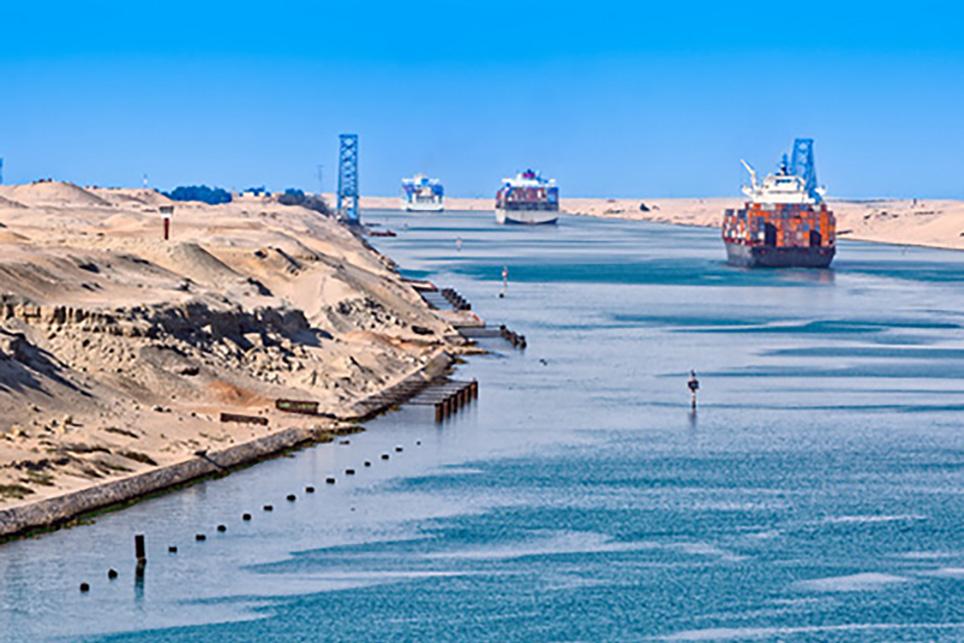The top retail sectors most impacted by the Suez Canal blockage include…
The Ever Given ship has been freed from the Suez Canal, but its impact on global supply chains in the coming weeks and months is just beginning — and like the ship itself, the impact is expected to be massive.
That’s according to a report by Dun & Bradstreet, which said that the disruption will have continued ramifications for global supply chains in the week to come as global trade resumes, goods start to be unloaded at destination ports and suppliers look to replenish shortfalls in essential materials that threatened downstream production and manufacturing of consumer goods.
The disaster of the moment becomes a global phenomenon because it is yet another reminder of the interconnectedness that comes with globalization, noted Brian Alster, general manager, third-party risk & compliance, Dun & Bradstreet.
“Companies have developed a higher level of dependency on suppliers and third parties from other countries, and that dependency is highlighted when a link in the supply chain is impacted,” he explained. “The Suez Canal incident gives us yet another reason for businesses to invest in data and technology to create an agile, geographically dispersed supply chain that can quickly pivot during unexpected events.”
Based on annual shipping data that tracks the vessels and materials found onboard that travel through the Suez Canal, Dun & Bradstreet data and analytics experts detailed the top 10 U.S. industries most impacted by the recent disruption. These include grocery stores, department stores, auto and home supply stores and hardware stores.
The other industries include surgical and medical equipment suppliers, plumbing, heating and air-conditioning, semiconductor, general warehousing and storage, trucking and sporting goods.
“While considerable attention has focused on the economic value of cargo trapped on vessels and their inability to move through the Suez Canal, the financial impacts on downstream production that depend on the timely delivery of these materials is magnitudes greater,” added Pawan Joshi, executive VP of product management and strategy, E2open. “For instance, the delay of an inexpensive but crucial automotive part en route from China can prevent the sale of the entire vehicle in Germany.”



